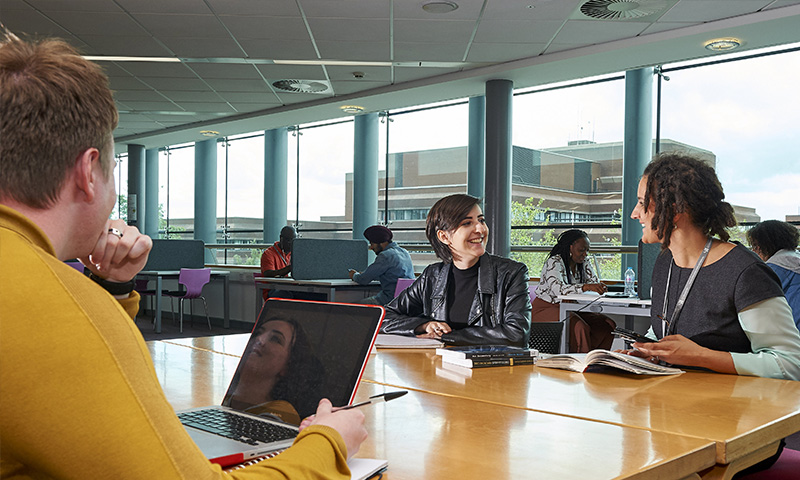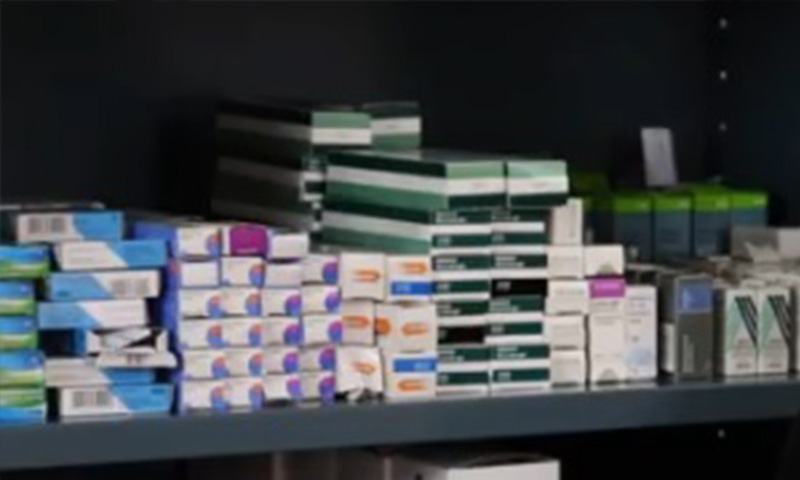The Course aims to:
To produce high quality pharmacology graduates with the generic, subject-specific and transferable knowledge and skills suited to a career in the pharmaceutical industry or other related laboratory based scientific discipline.
To provide a deep-rooted understanding of the fundamentals principles of chemistry and biology as applicable to pharmacology.
To provide an understanding of normal and abnormal bodily function, the biology of disease (aetiology and epidemiology) and the absorption, distribution, metabolism and excretion of medicines (collectively known as pharmacokinetics) and their therapeutic actions. These actions include drug mechanisms of action, interactions, adverse reactions, cautions, contraindications (collectively known as pharmacodynamics), misuse and to gain an insight into the theory of how medications are used.
To support students in the development of intellectual and key interpersonal skills as well as subject knowledge that will equip them for life-long learning. To provide skill sets specific to the pharmacologist, and promote curiosity and enthusiasm for the subject.
To encourage the development of practical and problem-solving skills, research methods and the techniques and processes necessary for the evaluation, critical appraisal and systematic review of pharmacology.


/prod01/wlvacuk/media/departments/digital-content-and-communications/images-18-19/iStock-163641275.jpg)
/prod01/wlvacuk/media/departments/digital-content-and-communications/images-2024/250630-SciFest-1-group-photo-resized-800x450.png)
/prod01/wlvacuk/media/departments/digital-content-and-communications/images-18-19/210818-Iza-and-Mattia-Resized.jpg)
/prod01/wlvacuk/media/departments/digital-content-and-communications/images/Maria-Serria-(teaser-image).jpg)
/prod01/wlvacuk/media/departments/digital-content-and-communications/images-2024/241014-Cyber4ME-Project-Resized.jpg)
/prod01/wlvacuk/media/departments/digital-content-and-communications/images-18-19/210705-bric_LAND_ATTIC_v2_resized.jpg)
/prod01/channel_24/courses/media/departments/faculty-of-science-and-engineering/testimonial-image.png)





